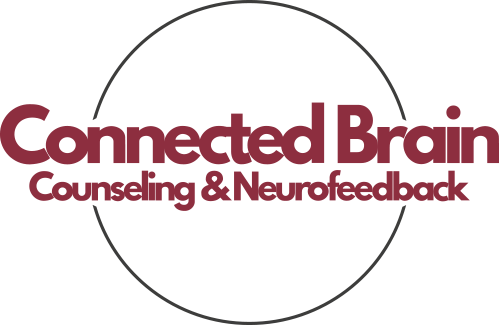Signs of Contempt
Contempt can manifest in various ways, both verbally and non-verbally. Some of the most common signs include:
- Sarcasm and Mockery: These subtle insults are often disguised as humor but carry a deep sense of disdain.
- Eye-Rolling: This gesture may seem minor, but it indicates dismissal and superiority over the other person’s feelings or opinions.
- Hostile Humor: Making jokes at your partner’s expense, especially in public, is a form of contempt.
- Name-Calling: Using derogatory terms or harsh labels that attack your partner’s character.
- Dismissiveness: Ignoring or belittling your partner’s emotions or thoughts in a conversation.
These behaviors signal that respect has been lost and that the relationship is in danger of further deterioration.
The Emotional Toll of Contempt
When contempt becomes a regular part of communication, the emotional impact is profound. Partners may start feeling:
- Undervalued: Constant put-downs make a person feel unappreciated.
- Disconnected: Contempt leads to emotional withdrawal, creating a gap between partners.
- Unloved: Over time, contempt can erode the love and affection that originally brought the couple together.
This emotional toll can severely affect the relationship’s health, leading to increased resentment, arguments, and potentially a breakup.
How to Address Contempt in a Relationship
Recognizing contempt is the first step toward healing a relationship. Here are ways to address it:
- Improve Communication: Open, honest, and respectful conversations can help rebuild emotional trust.
- Show Empathy: Practicing empathy towards your partner’s perspective can reduce feelings of contempt.
- Seek Professional Help: Counseling can provide a safe environment to explore the root causes of contempt and work towards healthier communication.
- Rebuild Respect: Make a conscious effort to show appreciation and speak kindly, even in difficult moments.
By addressing contempt early, couples can repair their bond and strengthen their relationship.
Contempt is a destructive force in relationships that needs to be addressed as soon as it appears. If left unchecked, it can erode love, trust, and respect. However, with professional guidance and commitment from both partners, healing is possible.
- Gottman Institute – The Four Horsemen: Contempt
The Gottman Institute explores contempt as one of the major predictors of relationship failure. - Psychology Today – Contempt in Relationships
This article dives into the causes and effects of contempt, as well as how to address it. - Verywell Mind – Understanding Contempt in Relationships
Verywell Mind explains the emotional toll of contempt and offers practical tips for dealing with it.
At Connected Brain Counseling, we offer couples therapy to help you and your partner overcome contempt and build a stronger connection. Schedule a free consultation today to take the first step toward a healthier relationship.






